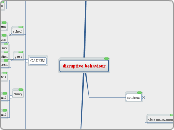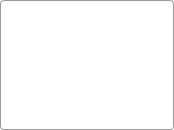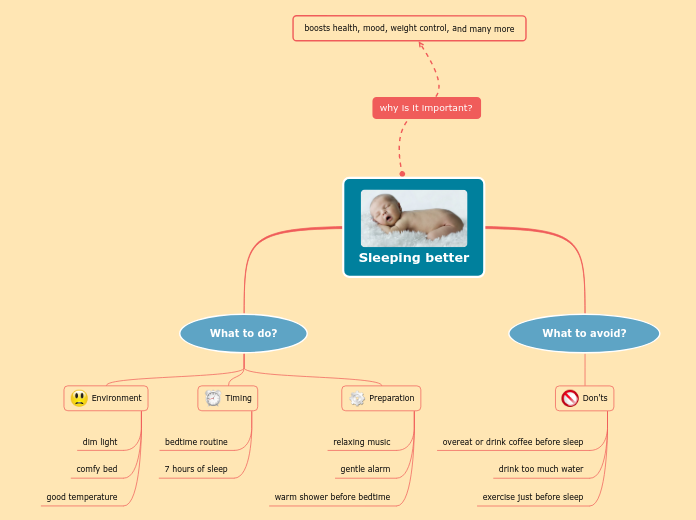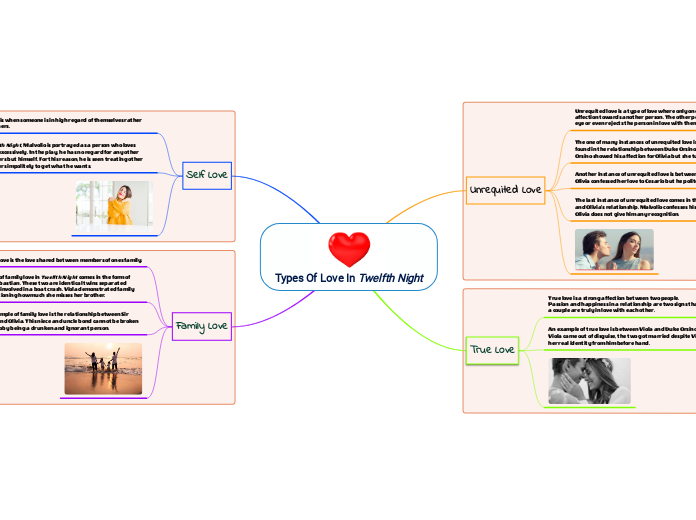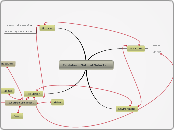disruptive behaviour
hypothesis
the best solution to the problem of disruptive behaviour is the method of EFFECTIVE TEACHING.
solutions
student
counselling
open-ended questions and reflection essays
thus the next time a conflict like that occurs, the student will be able to think it through, instead of blind anger.
Students better able to reflect on their actions and understand the root of their anger
To understand the problem better
group learning
gain social skills
better communication
Able to express one’s grievances verbally
responsibility
Able to be accountable for ones own actions
develop interdependence
Self-esteem and self-efficacy increased
Able to accept help and support others
peer tutoring
a study has shown that out of 4 tutees, 3 take fewer learn units to become competent in spelling when tutored by a peer than a teacher (daniel J moran and richerd w malott, Evidence based education methods, (elsevier inc, 2004), pg307, key instructional components of effective peer teaching, R.D. greer et. al.)
Both tutor and tutee benefit.
friends are less threatening than a teacher
class management
canter's assertive model
Recognize and remove roadblocks Practice the use of Assertive response styles Learning to set limits Learning to follow through on limits Implementing a system of positive Assertion
reinforcement
punishment
Verbal reprimand Time-out Detention Loss of privileges More chores/homework Demerit Points Corporal Punishment
positive
contigency contract
token economy
praises
conditions to be met
an increase in the level of behaviour because the consequence is presented dependent on behaviour.
An increase in the level of behaviour
A consequence is presented dependent on behaviour
behaviourism
operant conditioning
A method of learning that occurs through rewards and punishments for behavior
classical conditioning
A learning process that occurs through associations between an environmental stimulus and a naturally occurring stimulus.
4 aces of effective teaching
enthusiasm
engagement
clarity
outcomes
various teaching methods
independent approach
social approach
inductive approach
direct teaching
gardner's theory of multiple intelligences
naturalistic
intrapersonal
interpersonal
bodily
musical
spatial
logical
lingustic
CAUSES
Oppositional Defiant Disorder
treatment
Level 1 - There must be behavioral interventions and plans in schoolLevel 2 -Comprehensive and individual treatment. The parents, caregivers and the child himself.Level 3 - Medication to treat aggressive symptoms. But so far, there isn’t any effective drug that to reduce the symptoms of ODD or CD.
Ongoing pattern of disobedient, hostile, and defiant behaviour toward authority figures which goes beyond the bounds of normal childhood behaviour.
environment
genetics
family
financial background
poverty
unhealthy family background
step-parents
custodial arrangements
single parents
inconsistent parenting
irregular caretakers
insufficient parental attention
peers
self-esteem
unhealthy competition
peer pressure
school
rigid rules and regulations
too many fixed rules, students feel restricted.
inappropriate curriculum
too much abstract theory, not enough realistic application
too academically focused
teachers
teaching methods
different teachers have different teaching styles
adversarial relationship with students
effective behaviour policy
mentality
ignorant of true causes of such behaviour
labelling a child from past behavior
attitudes
how teachers treat their students
communication breakdown
definition
minor
disputing authority
excessive lateness
sleeping in class
major
physical abuse
sexual abuse
bodily harm
verbal abuse
sexual remarks
vulgar language
